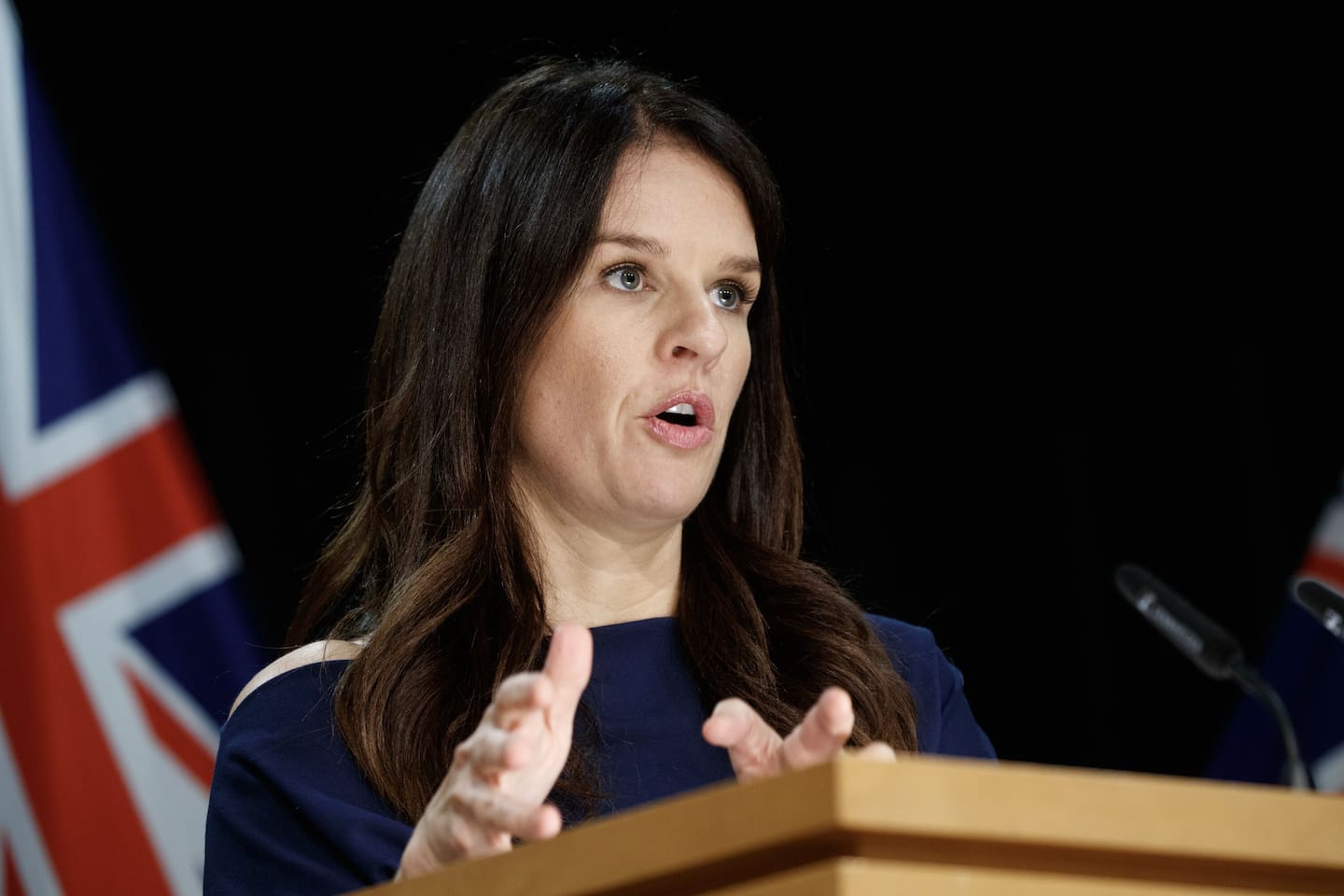
Provisional data shows a slight improvement in school attendance with just over half of students attending classes regularly in the second term of 2024.
Ministry of Education figures show 53.1% of students had regular school attendance during term 2 this year, compared to 47% during the same term last year.
Associate Education Minister David Seymour, who launched a daily data reporting regime in May as part of plans to tackle the nationwide “attendance crisis”, says the latest figures were still not good enough.
“But it’s a step in the right direction.”
Regular attendance is defined as a student going to school for more than 90% of the term. The coalition Government has a target of 80% of students present for classes for more than 90% of the term by 2030.
Regular attendance data (the first chart of the four below) for school students remained relatively steady between 2011 and 2017, and since then has continued to fluctuate.
It now appears to be trending upwards after reaching a historical low in 2022 of 39.8%.
Attendance in term 2 is lower than the Term 1, 2024 rate of 61.7%, which Seymour said was expected to be connected to illness in the winter months.
Seymour says attendance on Fridays is a “particular problem” with levels being “frequently lower” than any other day of the week.
“On Friday 31 May, immediately before King’s Birthday weekend, more than a quarter of students were absent.”
- Ministry of Education now producing daily school attendance data
- Fines for Fiji trips during school? Seymour talks tough as Govt reveals truancy plan
- Why school attendance figures showing half of students not regularly in class could be misleading
Seymour said data from Flight Centre which showed travel during the school term had dropped 30% indicated more parents were prioritising school.
“We know that for some there are very real challenges to regular attendance, sometimes beyond their control. The Government is looking into what causes truancy to inform an attendance action plan to help families get students back to school,” He said.
“An education crisis today will turn into a crime crisis, a vulnerable children crisis, an economic crisis and an inequality crisis tomorrow. We’re addressing this by creating a culture where children know if they want to get anywhere in life, they need to get to school first.”
New work rights for migrant school leavers
Meanwhile, the coalition Government has announced changes to the working rights for migrant school leavers in New Zealand. Immigration Minster Erica Stanford says many young people who are part of a family residence application are not able to work.
They can remain on visitor visas for long periods of time because they can’t afford international student fees and can’t qualify for a skilled work visa, she said.

Immigration Minister Erica Stanford. Photo / Mark Mitchell
On Wednesday, Stanford announced changes entitling eligible migrant school leavers the rights to work up to 20 hours per week during the school year, and up to 40 hours per week over the summer holiday period.
To be eligible to apply for work rights, migrants must:
- - Be an applicant on an already-lodged skilled residence visa or dependent child residence visa application; and
- - Hold an eligible visitor visa and be a dependent child of a work visa holder or New Zealand citizen/resident; and
- - Be aged 17 and have completed high school, or aged 18 to 24 years old (inclusive).
The changes would be implemented in October and further details about the application process would be released by Immigration New Zealand in August.
Julia Gabel is a Wellington-based political reporter. She joined the Herald in 2020 and has most recently focused on data journalism.
Take your Radio, Podcasts and Music with you







